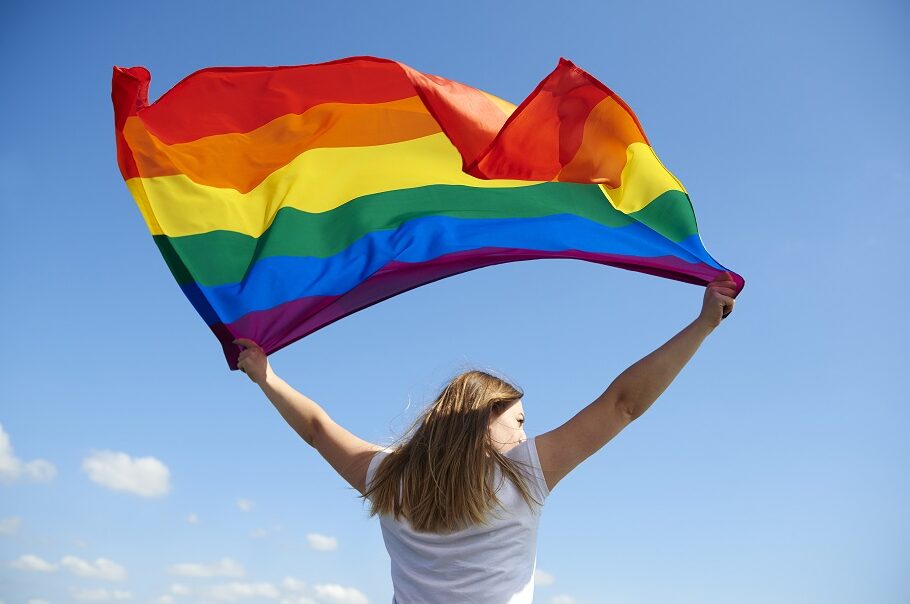
From invisible to visible
I have witnessed unprecedented changes in LGBT+ rights over my years as a social worker, and whilst there is still much to do, as we celebrate diversity throught the ages during LGBT+ History Month, it is helpful to reflect on how far we have come.
I was brought up in a small rural town in a conservative, traditional Italian catholic community. I wasn’t aware of any LGBT+ people and at that time, there was little representation in the media.
I worked as a frontline social worker in the era of section 28 and there were few rights for LGBT+ people. There was a lack of visibility and positive representation. What we needed was an explicitly inclusive culture and society which validated and valued LGBT+ people, enabling and empowering them to live happy, heathy lives and to fully contribute to our communities. This is at the heart of social work practice.
Society and social work changed with the Human Rights Act 1998, which protects our rights to be treated as equals, including starting a family, being out at work, serving in the military, accessing healthcare, and even staying in a double room in a hotel with partners.
Equal access to public services for LGBT+ people has made more explicit our professional principles of equality. diversity and inclusion in tackling inequality and injustice.

Watershed moments
A significant milestone for social workers came when same sex couples achieved equal rights for adoption as straight couples in 2002. Being able to support and encourage LGBT+ people to foster children and young people was a great step forward.
Equally, the repeal of Section 28 in 2003, following mass protests was another milestone. From 2004, I have happy memories of attending many of my friends’ civil partnership ceremonies and since 2014, their marriages. It is hard to believe these rights in law are so recent.
Social work has developed a better understand and improved practice in supporting older LGBT+ people and the issues they face in accessing appropriate services, but there is much more to do in this area.
I still hear too many experiences where their social care support did not respectfully take account of their needs and the outcomes they want to live the best possible lives.
Making sure LGBT+ staff working across social care experience acceptance and inclusion is essential. In so doing, we demonstrate our social work values to support individuals and communities, regardless of circumstance and background.
We all need to feel safe to be our whole selves at work and most importantly to make sure policies and practice we contribute to fully include the needs of LGBT+ people.
Although much has been achieved in the cause of equality, these challenging times of pandemics and other uncertainties at home and abroad, means our influence, working alongside and with LGBT+ people to improve our practice and experiences of social care, is needed now more than ever.
Leave a comment